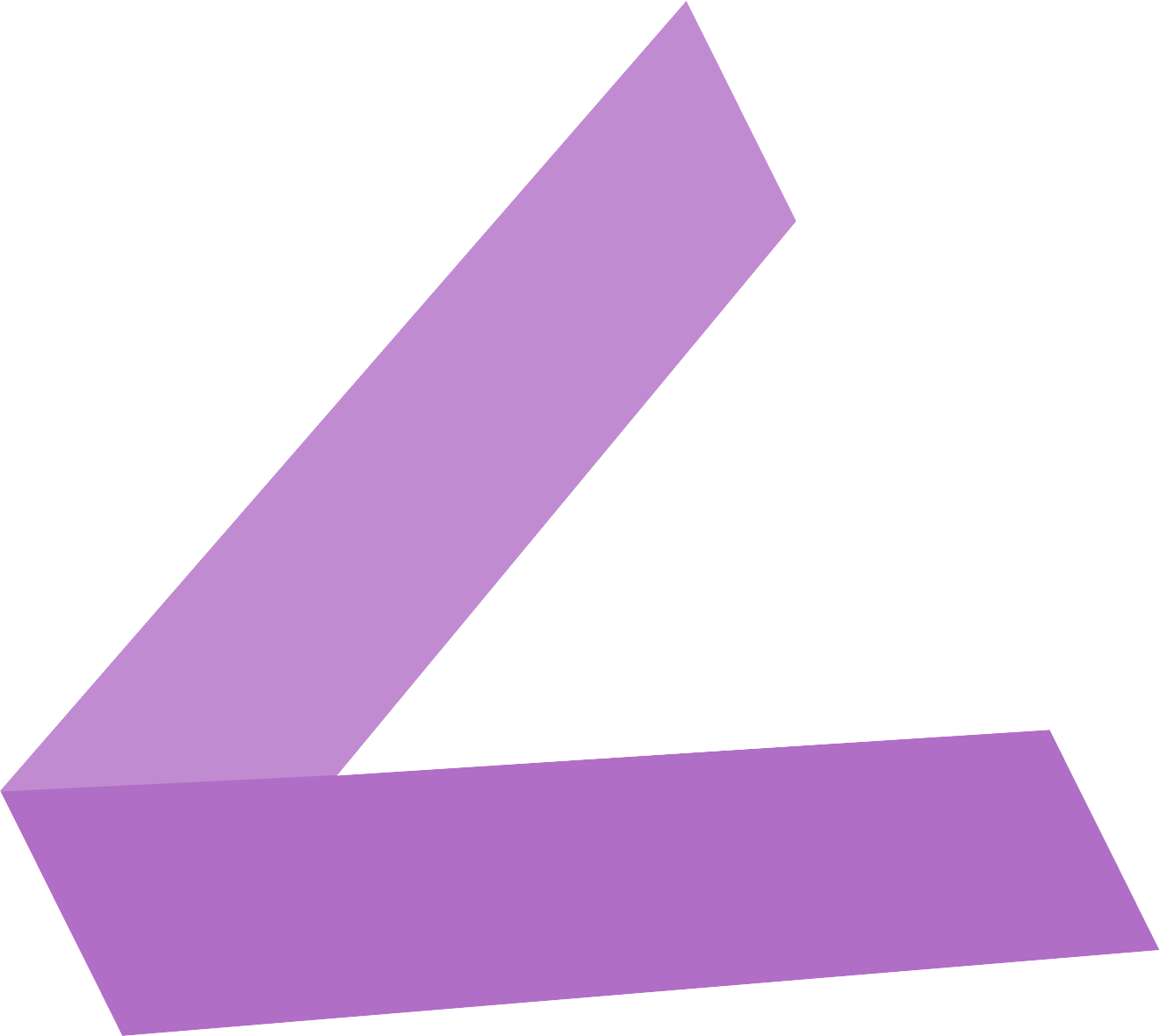

















Halfway through the 2030 Agenda, the Sustainable Development Goals (SDGs) are lagging. To get back on track, all of us need to rethink, refocus and recharge.
Our contribution to SDG progress is UN 2.0, a vision of a modernized UN system: with cutting-edge skills and forward-thinking culture for stronger results, better Member State support and greater SDG impact.
Leveraging our diversity, we are striving towards this vision with a powerful fusion of data, innovation, digital, foresight and behavioural science expertise – a dynamic combination that we call the “quintet of change”, grounded in a rejuvenated organizational culture.
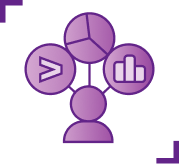
Nurturing behavioural science is about fostering our knowledge of how people act and make decisions – to create better choices that work with, not against, the grain of human nature.

Building modern data expertise is about improving how we collect, handle, govern and use data from more diverse sources for better insights and action.
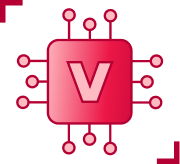
Developing digital expertise means shifting to digitally enabled solutions that improve connectivity, service delivery, collaboration and decision-making.
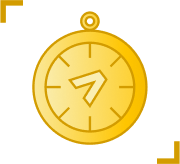
Instilling strategic foresight means learning structured methods to navigate change, imagine better futures and make better decisions today.
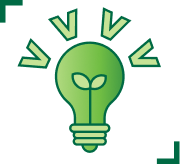
Cultivating our innovation capacity is about learning to quickly generate, test and scale up novel ideas that create sustainable benefits for people and planet.
We strive to create a forward-thinking culture that values agility, learning and curiosity – to create an environment in which the cutting-edge skills of the “quintet of change” can flourish and amplify impact.
We will increase collective action on global diversity, inclusion, human rights, gender expertise, young people and environmental sustainability – firmly rooted in our commitments to integrity, humility and humanity.
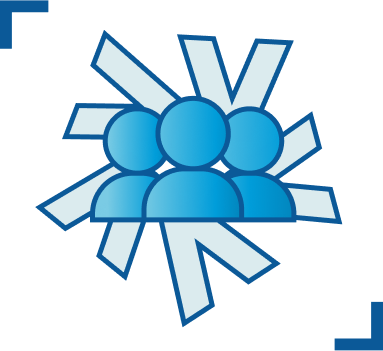
“UN 2.0 is about strengthening our expertise and culture – to build a United Nations system that can better support member states in the twenty-first century.”

UN entities have a UN 2.0 strategy or action plan
UN entities shifted job profiles & skillsets
UN entities assist Member States with UN 2.0 capabilities
How UN leadership, colleagues and youth from across the globe are getting inspired by and sparking action around UN 2.0
UN 2.0 is about unlocking the power of innovation, data, digital, foresight and behavioural science to shine a light on the complex challenges faced by women and girls, and the solutions needed to achieve gender equality.
UN 2.0 is about unlocking the power of innovation, data, digital, foresight and behavioural science to shine a light on the complex challenges faced by women and girls, and the solutions needed to achieve gender equality.
To be faster and more efficient can save lives. Transforming UN operations can make the difference – new technologies must be for the benefit of those we serve.
To be faster and more efficient can save lives. Transforming UN operations can make the difference – new technologies must be for the benefit of those we serve.
What is inspiring about UN 2.0 is the potential to create a more inclusive and equitable global governance system that reflects the needs and interests of all nations and peoples. By leveraging new technologies, innovative partnerships, and evidence-based policies, UN 2.0 could bring about transformative change and ensure a better future for all.
What is inspiring about UN 2.0 is the potential to create a more inclusive and equitable global governance system that reflects the needs and interests of all nations and peoples. By leveraging new technologies, innovative partnerships, and evidence-based policies, UN 2.0 could bring about transformative change and ensure a better future for all.
UN 2.0 represents a transformative vision, where tourism plays a critical role in fostering sustainable development and inclusive growth. By working together, leveraging the power of technology, we can create a more resilient, responsible sector contributing to a better world.
UN 2.0 represents a transformative vision, where tourism plays a critical role in fostering sustainable development and inclusive growth. By working together, leveraging the power of technology, we can create a more resilient, responsible sector contributing to a better world.
The inspiring thing about UN 2.0 is that it marks the rebirth of a rekindled world; where acute global issues will be solved without the one-size-fit all policy but rather eradication from the root cause due to the incorporation of digital transformation, innovation and behavioural science which harnesses the ideas, technologies networks and capabilities of global governance and that of young people.
The inspiring thing about UN 2.0 is that it marks the rebirth of a rekindled world; where acute global issues will be solved without the one-size-fit all policy but rather eradication from the root cause due to the incorporation of digital transformation, innovation and behavioural science which harnesses the ideas, technologies networks and capabilities of global governance and that of young people.
We have to work hard together to make the most of all data sources – and to do so safely – to increase our impact for children.
We have to work hard together to make the most of all data sources – and to do so safely – to increase our impact for children.
UN 2.0 is about leveraging our connections across the globe, with teams and projects active in over 160 countries. Click on the map to learn more.
The location indicators on this map are illustrative and do not necessarily show where entities are based. The depiction and use of boundaries, geographic names and related data shown on maps are not guaranteed to be error free, nor do they imply official endorsement or acceptance by the United Nations.

Combining foresight and data approaches, FAO provides an innovative dataset of long-term projections for agrifood systems.

UNEP partners with major players in the gaming industry. By placing green activations in games, they make use of their massive reach among young people for learning and acting in support of the environment.

FamPred is a forecasting tool utilizing machine learning techniques to project food insecurity 30 days in advance. It has been successfully validated in Yemen, Mali, Syria, and Nigeria.
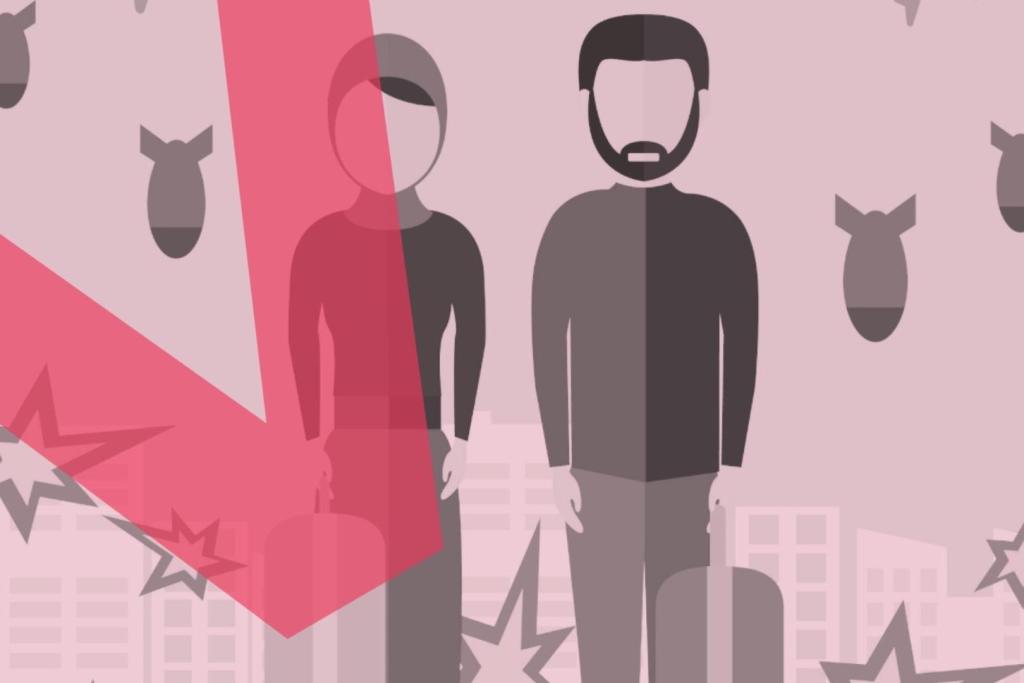
An online psychosocial support platform providing mental health support in to over 10,300 cases in post-earthquake Syria.

An ITU-UNICEF initiative dedicated to connecting every school to the internet using AI, satellite imagery, and blockchain technology.

Florence 2.0 is a WHO developed digital human chatbot that can provide guidance on healthier lifestyle and mental health with topics such as stress management, how to eat right, be more active, quite tobacco, and vaccines.
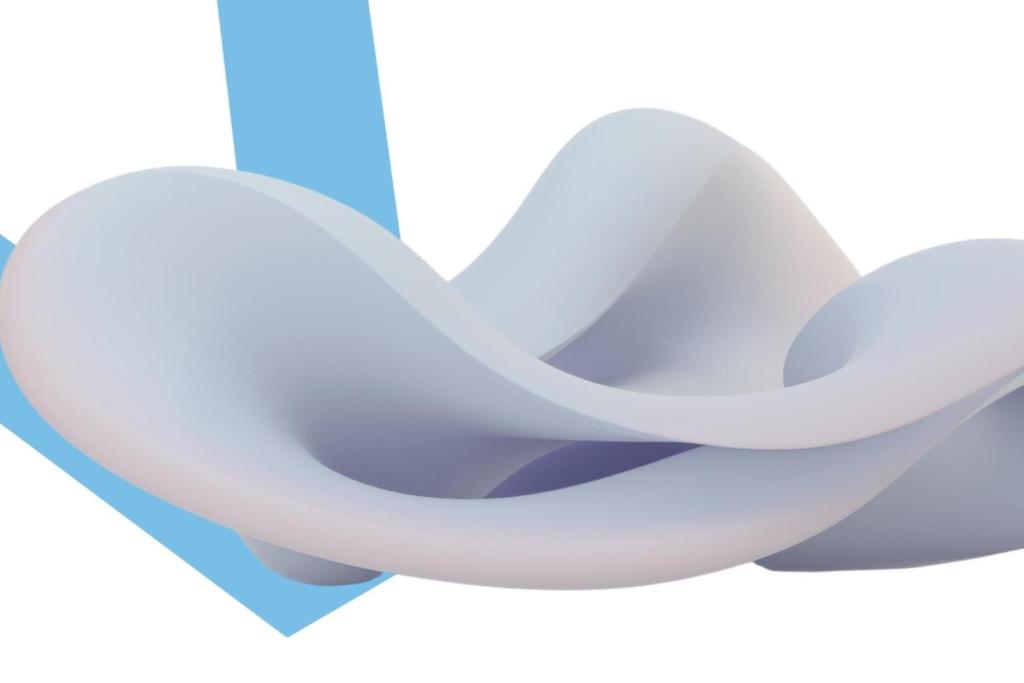
The United Nations-wide Strategy on Gender Parity sets targets and monitors: leadership and accountability; senior management; recruitment and retention; creating an enabling environment; and Mission settings
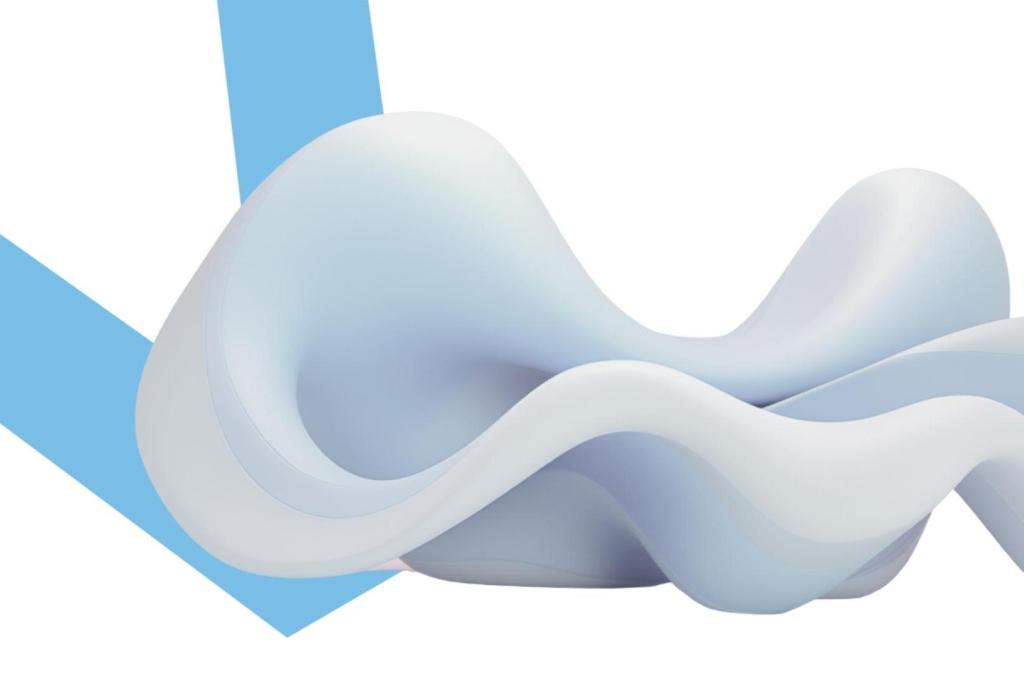
Youth2030, the first-ever UN system-wide strategy on youth, guides joint UN action for and with young people globally.
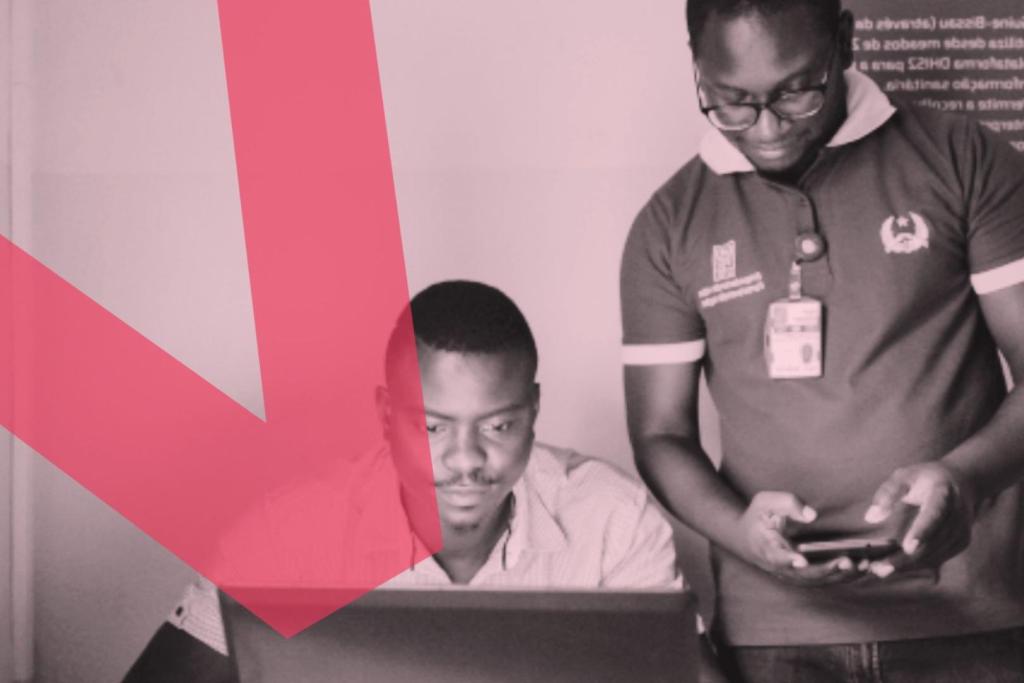
With this strategy, UNDP puts forth a long-term vision to create a world in which digital is an empowering force for people and planet.

Practitioner’s Guide to Getting Started with Behavioural Science: Applications to UN Policies, Programmes and Administration

The UN Innovation Toolkit includes twenty-one tools, step-by-step directions, worksheets, case studies, references and a 27-question innovation readiness assessment – helping the UN to make innovative thinking the new normal.

UNESCO is committed to processing personal data in an accountable, non-discriminatory, and gender sensitive manner.
We use cookies and other identifiers to help improve your online experience. By using our website, you agree to this. To learn more, including how to change our settings, see our cookie policy.